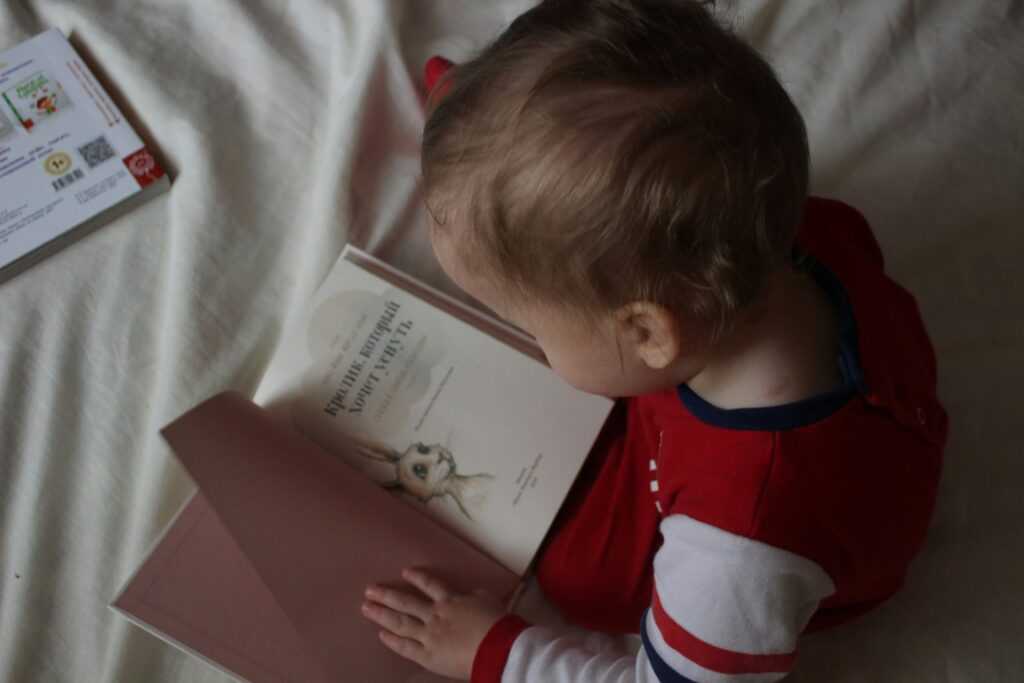Middleclass influence on classical music
The middle class has played a significant role in shaping the landscape of classical music throughout history. Their tastes and preferences have influenced composers, performers, and the overall development of this art form. Below are some key ways in which middleclass tastes have impacted classical music:
select all the ways that middleclass tastes influenced classical music
Democratization of Music: The rise of the middle class led to greater access to music education and performances. This democratization of music allowed more individuals to appreciate and engage with classical music.
Shift in Patronage: As the middle class grew in influence, composers were less reliant on aristocratic patrons for financial support. This shift allowed composers to cater more to the tastes of the general public, resulting in a broader range of musical styles and themes.
Popularity of Chamber Music: The middle class’s preference for smaller, more intimate settings influenced the rise of chamber music. Composers began creating works specifically for small ensembles, reflecting the desire for music that could be enjoyed in domestic settings.
Development of Opera: Middleclass audiences’ interest in storytelling and drama contributed to the development of opera. Composers like Mozart and Verdi created operas that appealed to a wider audience, incorporating relatable themes and emotional depth.
Expansion of Public Concerts: Middleclass audiences’ growing interest in classical music led to the expansion of public concerts. Composers and performers began to focus on creating works that could be appreciated by larger audiences in concert halls, further diversifying the classical music repertoire.
Influence on Musical Form: The middle class’s preference for clear, structured compositions influenced the development of musical form. Composers like Haydn and Beethoven incorporated elements of balance and symmetry in their works, catering to the tastes of the rising middleclass audience.
Wider Distribution of Sheet Music: The middle class’s interest in playing music at home led to a wider distribution of sheet music. This accessibility allowed amateur musicians to engage with classical works, further popularizing classical music among the general public.
In conclusion, the influence of the middle class on classical music has been profound and farreaching. Their tastes and preferences have shaped the trajectory of this art form, making it more accessible, diverse, and reflective of the broader societal changes. Through their patronage, audience participation, and musical preferences, the middle class has played a crucial role in the evolution of classical music as we know it today.

 Sarah Ainslie is an experienced article writer who has played a crucial role in the development of Toddler Health Roll. With a passion for child health and wellness, Sarah's writing offers parents insightful and actionable advice on nurturing their toddlers. Her articles are well-researched and thoughtfully crafted, providing practical tips on everything from nutrition to emotional well-being, making her contributions invaluable to the platform.
Sarah's dedication goes beyond just writing; she has been instrumental in shaping the content and direction of Toddler Health Roll, ensuring that it meets the needs of parents seeking reliable guidance. Her work has helped establish the platform as a trusted resource for families, offering comprehensive support for raising happy, healthy toddlers.
Sarah Ainslie is an experienced article writer who has played a crucial role in the development of Toddler Health Roll. With a passion for child health and wellness, Sarah's writing offers parents insightful and actionable advice on nurturing their toddlers. Her articles are well-researched and thoughtfully crafted, providing practical tips on everything from nutrition to emotional well-being, making her contributions invaluable to the platform.
Sarah's dedication goes beyond just writing; she has been instrumental in shaping the content and direction of Toddler Health Roll, ensuring that it meets the needs of parents seeking reliable guidance. Her work has helped establish the platform as a trusted resource for families, offering comprehensive support for raising happy, healthy toddlers.
